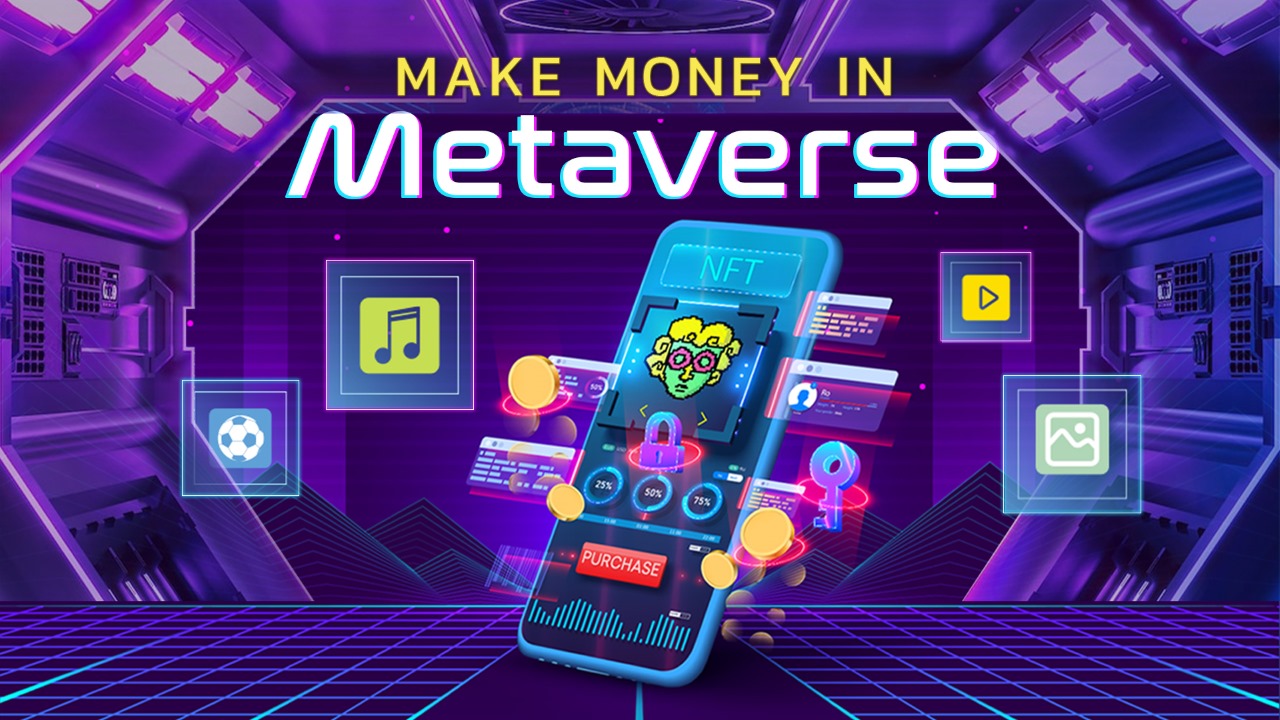Open-world RPGs are massive by design—expansive maps, nonlinear stories, side quests, hidden areas, crafting trees, and countless enemies. They’re also built to reward persistence. But here’s the catch: not all players want to take the slow scenic route. If you’ve ever found yourself stuck on a low level while your enemies outscale you or wished you could unlock powerful gear faster, you’re not alone. Learning how to level up quickly isn't about exploiting the system—it's about understanding it.
Leveling up efficiently transforms the entire RPG experience. It unlocks core abilities sooner, makes tougher areas accessible earlier, and allows you to experiment more freely with the game's mechanics. Whether you’re trying to beat a game on a higher difficulty or just want to keep pace with your more obsessive gamer friends, gaining XP faster is a goal worth optimizing. But how?







